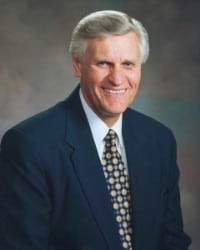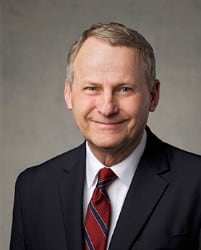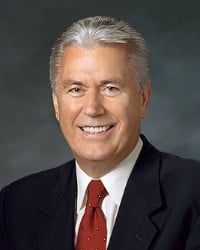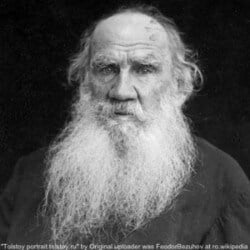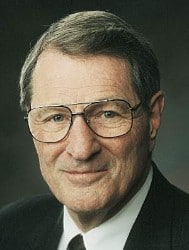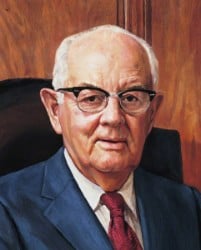
“Perfection is a long, hard journey with many pitfalls. It’s not attainable overnight. Eternal vigilance is the price of victory. Eternal vigilance is required in the subduing of enemies and in becoming the master of our lives. It cannot be accomplished in little spurts and disconnected efforts. There must be constant and valiant, purposeful living – righteous living. Do we have the power to attain this kind of abundance? The psalmist was inspired to write: What is man, that thou art mindful of him? and the son of man, that thou visitest him? For thou hast made him a little lower than the angels, and hast crowned him with glory and honour. Thou madest him to have dominion over the works of thy hands; thou hast put all things under his feet.” (Ps. 8:4–6.) There are those today who say that man is the result of his environment and cannot rise above it. Those who justify mediocrity, failure, immorality of all kinds, and even weakness and criminality are certainly misguided. Surely the environmental conditions found in childhood and youth are an influence of power. But the fact remains that every normal soul has its free agency and the power to row against the current and to lift itself to new planes of activity and thought and development. Man can transform himself. Man must transform himself.”
| “The Abundant Life,” Ensign, October 1985, p. 5
